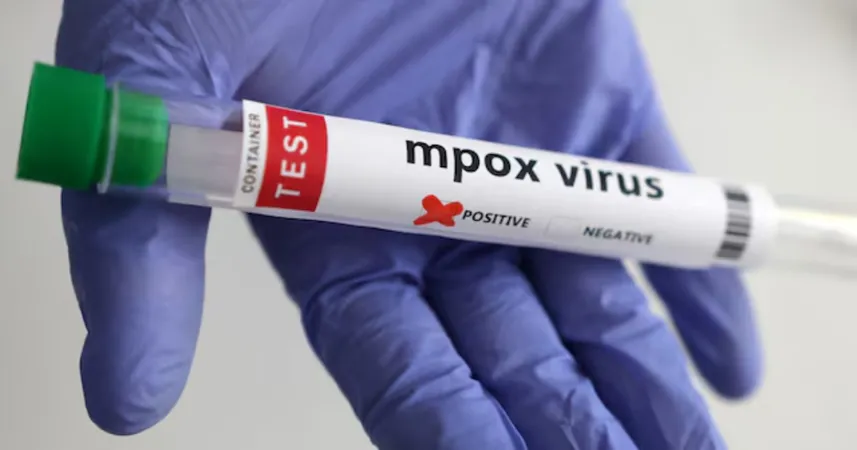
Shocking Discovery: Manufacturer Sponsorship Skews Psychiatric Drug Efficacy Reports!
2024-10-07
Author: Wei
Recent revelations from groundbreaking research reveal that psychiatric drugs appear to be about 50% more effective when clinical trials are sponsored by the drug manufacturers themselves than when funded by independent sources. This startling discrepancy has raised serious concerns about the integrity of drug efficacy reports, particularly for widely prescribed medications.
Tamar Oostrom, an assistant professor of economics at The Ohio State University, spearheaded this research, marking the first time an exact comparison was made between clinical trials for the same medications funded under different auspices. Oostrom discovered a phenomenon she dubbed the "sponsorship effect," which highlights a dramatic variance in reported effectiveness depending solely on the funding source.
"When we removed the bias of sponsorship from the equation, the perceived difference in efficacy between marketed drugs and their counterparts diminished significantly," Oostrom commented. "While I anticipated some level of impact, the magnitude of the effect exceeded my expectations."
The study, which was recently published in the *Journal of Political Economy*, compiled a comprehensive analysis of all double-blind randomized control trials (RCTs) for antidepressants and antipsychotics. RCTs are considered the "gold standard" in drug testing since they minimize bias and produce more reliable results.
Examining 509 trials focusing on well-known antidepressants, Oostrom cited the case of Effexor, released by Wyeth Pharmaceuticals in 1993. In trials funded exclusively by Wyeth, Effexor was shown to be more effective than the rival drug Prozac in 12 out of 14 instances, whereas independent trials reported a significantly lower efficacy for Effexor.
But how can this blatant disparity arise? One factor is the occurrence of publication bias, which favors the publication of studies showcasing positive results. Oostrom identified 77 unpublished trials, arguing that those funded by manufacturers were more likely to show favorable results, thus gaining publication, whereas studies with indifferent or negative outcomes often vanish into obscurity.
"By incorporating the unpublished trials into my analysis, the sponsorship effect diminished by 20%," Oostrom explained, underscoring the importance of transparency in clinical research.
The introduction of preregistration—a requirement for researchers to publicly register their trials before conducting them—has successfully curtailed publication bias to some extent. It mandates that researchers disclose results as a condition of publication, increasing the likelihood that even unfavorable trials are accessible to the scientific community.
Oostrom observed a decline in the sponsorship effect since the 2005 implementation of preregistration, but cautioned that this is not a panacea. Currently, only a quarter of preregistered trials report their findings, and many approved drugs were launched prior to these transparency requirements, leaving a troubling legacy of potentially biased evidence.
As the medical community grapples with these findings, it becomes increasingly crucial for both regulatory bodies and the public to scrutinize the origins of clinical trial funding. In an era where mental health treatment is already fraught with challenges, ensuring transparency and ethical practices in psychiatric drug trials is paramount. The questions this study raises could very well redefine how we assess the effectiveness of psychiatric medications in the future.




 Brasil (PT)
Brasil (PT)
 Canada (EN)
Canada (EN)
 Chile (ES)
Chile (ES)
 España (ES)
España (ES)
 France (FR)
France (FR)
 Hong Kong (EN)
Hong Kong (EN)
 Italia (IT)
Italia (IT)
 日本 (JA)
日本 (JA)
 Magyarország (HU)
Magyarország (HU)
 Norge (NO)
Norge (NO)
 Polska (PL)
Polska (PL)
 Schweiz (DE)
Schweiz (DE)
 Singapore (EN)
Singapore (EN)
 Sverige (SV)
Sverige (SV)
 Suomi (FI)
Suomi (FI)
 Türkiye (TR)
Türkiye (TR)